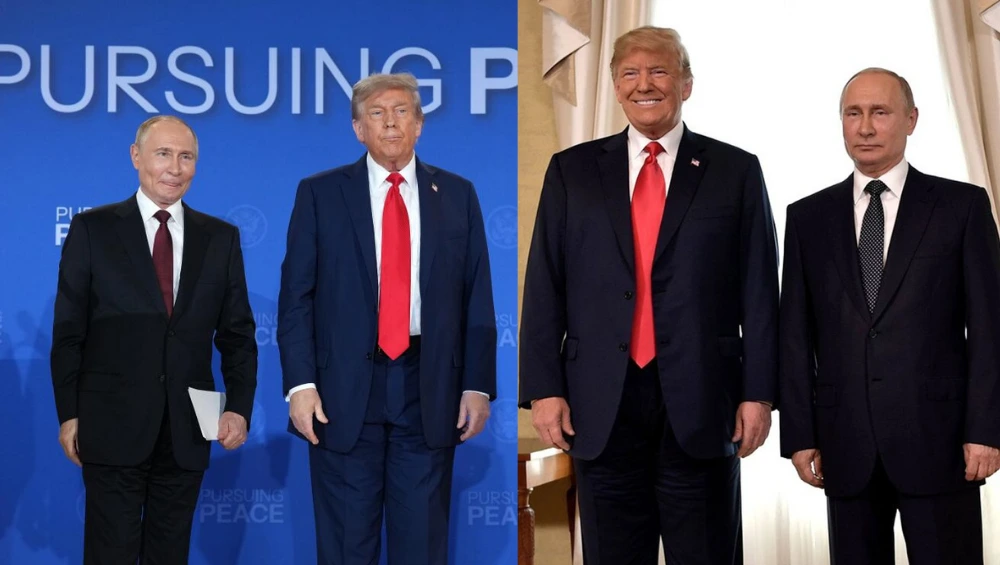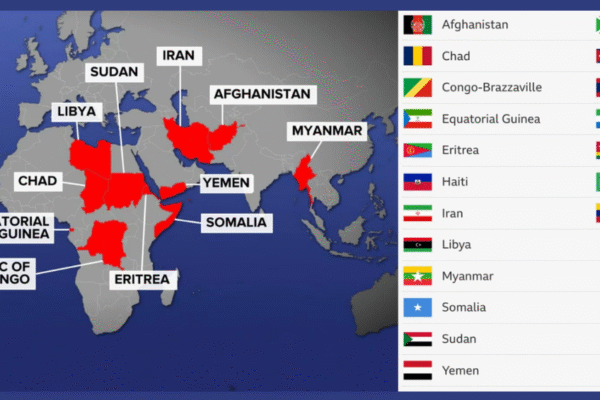The recent Trump Putin Summit Failure has caught the attention of political analysts, diplomats, and the global community alike. When two of the world’s most influential leaders meet, the stakes are always high. The Trump Putin Summit Failure in Alaska, where no agreement was reached, has left many wondering about its effects on international relations. This article explores what the Trump Putin Summit Failure means for diplomacy, global peace, and the future of U.S.-Russia ties.
What Happened at the Trump Putin Summit?
The Trump Putin Summit Failure unfolded during a high-profile meeting between former U.S. President Donald Trump and Russian President Vladimir Putin. The summit was intended to address several pressing global issues, including the ongoing conflict in Ukraine, arms control, and bilateral relations. However, despite long discussions, the summit ended without any concrete agreements or compromises. This outcome was widely seen as a setback for diplomacy.
The Trump Putin Summit Failure highlighted the deep divisions between the two nations on key topics. Both leaders left the summit maintaining their positions rather than finding common ground. This lack of progress has significant implications for international relations, as it influences how countries perceive cooperation and conflict resolution.
Impact on U.S.-Russia Relations
One of the most direct consequences of the Trump Putin Summit Failure is its effect on U.S.-Russia relations. These two countries have had a complicated relationship, balancing competition with cooperation. The failure of the summit further strained this delicate balance.
Without an agreement, tensions have continued to rise, especially concerning military activities and political influence. The Trump Putin Summit Failure has also fueled distrust on both sides, making future negotiations more challenging. This mistrust can lead to increased military posturing and a heightened risk of misunderstandings that could escalate conflicts.
Moreover, the failure has influenced public opinion within both countries. Citizens and politicians in the U.S. and Russia are now more skeptical about each other’s intentions, which can impact diplomatic efforts beyond the leaders themselves. In essence, the Trump Putin Summit Failure has deepened the divide at both the governmental and societal levels.
Effects on Global Diplomacy
The Trump Putin Summit Failure does not just affect the two nations involved; it has broader implications for global diplomacy. When major powers fail to reach agreements, it sends a signal to the international community about the state of global cooperation.
Allies and adversaries alike watch these summits closely. The Trump Putin Summit Failure may embolden some nations to take more aggressive stances, believing that major powers are unable to cooperate effectively. This could lead to increased instability in volatile regions and make conflict resolution more difficult.
Additionally, the failure undermines multilateral efforts such as arms control treaties and peacekeeping initiatives. International organizations often rely on cooperation between the U.S. and Russia to enforce global agreements. The Trump Putin Summit Failure jeopardizes these partnerships, reducing the effectiveness of international frameworks designed to maintain peace and security.
The Ukraine Conflict and the Trump Putin Summit Failure
One of the key topics at the summit was the ongoing conflict in Ukraine. The Trump Putin Summit Failure meant that no breakthrough was made to ease the tensions or create a path toward peace. This failure prolongs suffering and instability in the region.
The lack of agreement also complicates the role of NATO and other international actors involved in the Ukraine situation. Without U.S. and Russian cooperation, efforts to de-escalate the conflict or negotiate ceasefires are significantly weakened. Thus, the Trump Putin Summit Failure has contributed to continued conflict and uncertainty in Eastern Europe.
Impact on Future Diplomatic Efforts
The Trump Putin Summit Failure sets a challenging precedent for future diplomatic engagements between the two countries and beyond. Leaders around the world may become more cautious or cynical about summit meetings if they perceive that such high-profile encounters do not lead to tangible results.
Furthermore, the failure underscores the importance of preparation, mutual understanding, and willingness to compromise in international diplomacy. Future summits may need to adopt different approaches to avoid repeating the mistakes that led to the Trump Putin Summit Failure.
Opportunities Amid the Failure
While the Trump Putin Summit Failure appears to be a setback, it also presents opportunities for reflection and improvement. Both nations and the international community can learn from this experience to better address disagreements.
Diplomatic channels outside of public summits may become more active to rebuild trust. Back-channel communications and smaller working groups could pave the way for future successes. The Trump Putin Summit Failure might encourage diplomats to focus more on groundwork before bringing contentious issues to the table.
Final Thoughts
The Trump Putin Summit Failure has undoubtedly left a mark on international relations. It serves as a reminder that diplomacy is complex and that even meetings between powerful leaders do not guarantee success. The failure has strained U.S.-Russia relations, affected global diplomacy, and complicated efforts to resolve ongoing conflicts like the one in Ukraine.
However, the Trump Putin Summit Failure also provides an important lesson: lasting peace and cooperation require more than just meetings—they need genuine commitment and constructive dialogue. The world now watches closely to see how both nations will move forward and whether future summits can overcome the challenges highlighted by this failure.
By understanding the impact of the Trump Putin Summit Failure, policymakers and citizens alike can better appreciate the delicate nature of international diplomacy and the ongoing efforts required to build a safer, more cooperative world.








